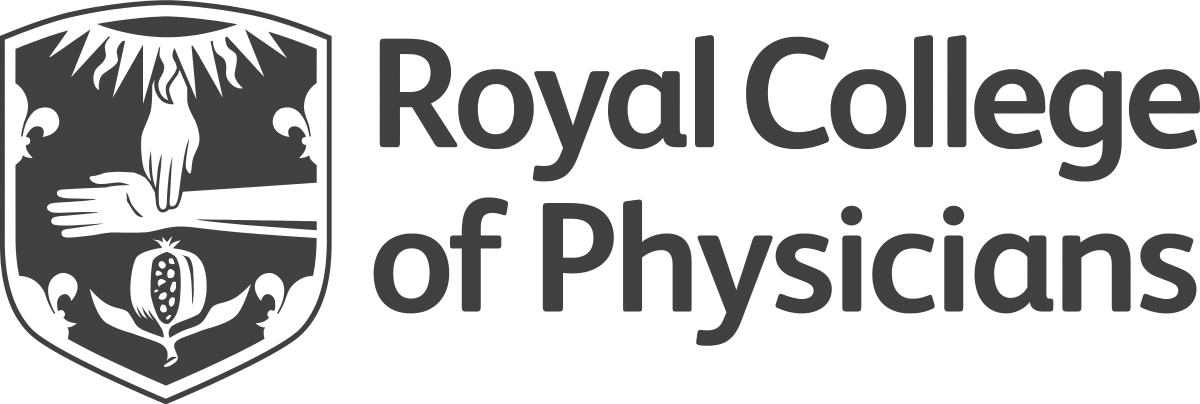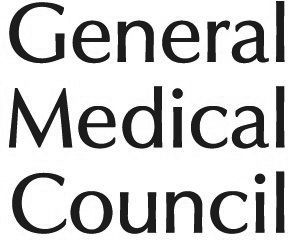Dr Ian McCurdie, Consultant in Sport, Exercise & Rehabilitation Medicine
Dr Ian McCurdie
Consultant in Sport, Exercise & Rehabilitation Medicine
Dr Ian McCurdie MBBS, MSc, MRCGP, MRCP, DRCOG, FFSEM(UK)
Consultant in Sport, Exercise & Rehabilitation Medicine
Dr Ian McCurdie
Consultant in Sport, Exercise & Rehabilitation Medicine MBBS, MSc, MRCGP, MRCP, DRCOG, FFSEM(UK)

Areas of expertise
- Sport, exercise & musculoskeletal medicine
- Overuse injuries
- Injury prevention
- Lower limb injury rehabilitation
- Hip & groin pain


About Dr Ian McCurdie
GMC number: 2838603
Year qualified: 1983
Place of primary qualification: University of London
Dr Ian McCurdie is a Consultant in Sport, Exercise and Rehabilitation Medicine with extensive experience in high-performance sports medicine and musculoskeletal injury rehabilitation. His specialist interests are in overuse injuries, injury prevention, lower limb injury rehabilitation, hip & groin pain and complex trauma. His sporting interests are in cycling, tennis, swimming and team sports. He has worked at Goldman Sachs, 2009-2020, DMRC Headley Court, 1998-2006 and 2015-2018 and British Olympic Association, as Chief Medical Officer, 2008-2013. He is currently a co-founder and director of Remedy Healthcare, a new organisation delivering specialist multidisciplinary rehabilitation to those suffering complex musculoskeletal traumatic injuries and limb loss.
Dr McCurdie qualified from King’s College Hospital, London in 1983 and joined the British Army where he worked for 22 years. He initially trained in General Practice and worked in primary care for five years. After completing a full-time Diploma in Sports Medicine in 1991 he decided to retrain as a Consultant in Rheumatology & Rehabilitation to pursue his interest in Sport & Exercise Medicine (SEM). Following a further six years of specialist training, he moved to the Defence Medical Rehabilitation Centre at Headley Court, where he worked for seven years as a Consultant specialising in the rehabilitation of sports & training injuries among Armed Forces personnel.
Since leaving the Army in 2006, Dr McCurdie has continued to work in SEM in a number of different settings. His experience in rehabilitation includes several years leading the medical rehabilitation at DMRC Headley Court, leading the British Olympic Association’s Intensive Rehabilitation Unit and working as a consultant in rehabilitation for Chelsea FC and The Royal Ballet School. He was also the Chief Medical Officer for Team GB at the 2012 London Olympic Games and has worked at 5 Olympic and 2 Commonwealth Games. His experience in professional tennis includes being a member of the medical team for the Wimbledon Tennis Championships for 12 years and the ATP World Tour Finals for 9 years and medical officer to the British Davis Cup tennis team.
Dr McCurdie has successfully delivered a wide range of complex rehabilitation programs in high-performance sport, the military and civilian populations. He believes the effective treatment can only be achieved through accurate diagnosis and comprehensive treatment planning, with coordinated input from other therapists and the use of exercise-based rehabilitation programmes.
Areas of expertise
- Complex trauma
- Hip & groin pain
- Injury prevention
- Lower limb injury rehabilitation
- Overuse injuries
- Rehabilitation medicine
- Sport, exercise & musculoskeletal medicine
Frequently asked questions
Why do you do what you do?
I believe that regular physical activity is essential to maintain both physical and psychological health & wellbeing. I also believe that properly delivered rehabilitation can transform lives, especially after a significant injury. My work aims to enable people who have suffered all sorts of musculoskeletal injuries to return to function and to enjoy the best possible quality of life.
What are the common symptoms that your patients tend to present with?
Most patients present with varying degrees of pain resulting from injuries following different forms of physical activity. Any area of the body can be affected, depending on the type of activity and the mechanism, although the lower limbs are most commonly affected. Some injuries are ‘acute’ and are the result of a specific traumatic event, whilst others are ‘chronic’ and are caused by a gradual build-up of stress on a particular part of the body (eg. a stress fracture). Almost all patients will suffer some degree of ‘disability’ from their injury, such that they are unable to manage to continue their usual physical activities (whether they be work, leisure or sport) and are keen to return to these.
What are the treatments that you're able to offer your patients?
I aim to provide an accurate diagnosis of the problem, without which treatment cannot be fully effective. This involves listening to the story, examining the patient and sometimes performing additional investigations, such as scans. Treatment programmes will often include specific rehabilitation exercises, physiotherapy and sometimes medication (eg. for pain relief). Occasionally, I will advise injection treatment to aid recovery, but only as part of a more comprehensive rehabilitation programme. Perhaps less than 10% of al sporting injuries will require surgical treatment, so only a few of my patients are likely to be referred to a surgeon.
What are your areas of sub-specialist interest?
My background is in high-performance sport and the military, so I have a very broad experience of different exercise-related injuries across many different sports. I enjoy applying everything I have learned from working with some of the world’s best sportsmen and women to the patients that I see in my clinics, as the principles of high-performance sports medicine are directly applicable to all – ie. the need for accuracy of diagnosis, attention to detail throughout treatment and an aspirational approach to rehabilitation where the aim is always to achieve the highest possible level of function and performance.
Professional memberships









